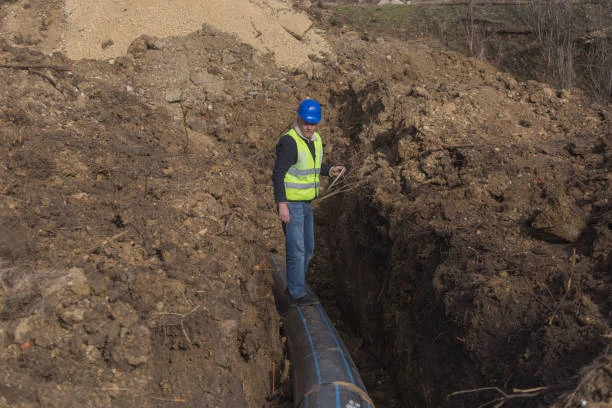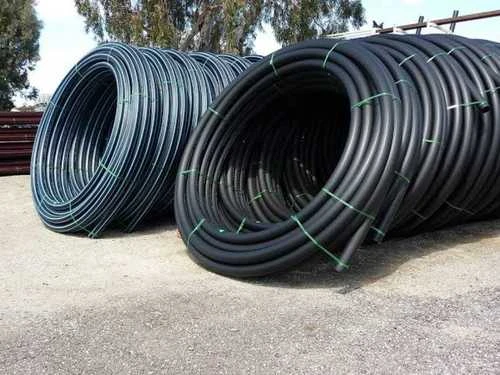As Atlanta experiences fluctuating temperatures during winter, homeowners must be proactive about preventing their pipes from freezing. Frozen pipes can lead to significant damage, costly repairs, and water wastage. In this article, we will explore effective strategies to prevent your pipes from freezing, ensuring your home remains safe and functional during cold weather.
Understanding the Risks of Frozen Pipes
What Happens When Pipes Freeze?
When temperatures drop, the water inside pipes can freeze, expanding and creating pressure within the pipe. This pressure can cause the pipes to burst, leading to leaks and water damage. Understanding the risks associated with frozen pipes is the first step in prevention.
Why Are Certain Areas More Vulnerable?
In Atlanta, areas that are less insulated, such as basements, attics, and exterior walls, are more susceptible to freezing. Homeowners must identify these vulnerable spots to implement effective prevention strategies.
Effective Strategies to Prevent Your Pipes from Freezing
1. Insulate Your Pipes
One of the most effective ways to prevent your pipes from freezing is to insulate them. Use foam pipe insulation sleeves or wrap insulation tape around vulnerable pipes, especially those located in unheated areas like basements and crawl spaces. This additional layer of protection helps maintain a consistent temperature within the pipes.
2. Allow Faucets to Drip
During extremely cold weather, allow faucets to drip slightly. This keeps water flowing, which reduces the chances of freezing. The constant movement of water helps relieve pressure that can build up in the pipes, making freezing less likely.
3. Keep the Heat On
When the temperature outside drops significantly, it’s important to keep your home heated, even if you are away. Set your thermostat to at least 55°F. This ensures that the temperature within the walls and around the pipes remains warm enough to prevent freezing.
4. Open Cabinet Doors
For pipes located under sinks, especially those against exterior walls, open the cabinet doors to allow warm air to circulate. This simple step can significantly reduce the likelihood of freezing, especially during particularly cold nights.
Additional Precautions to Consider
5. Seal Cracks and Openings
Inspect your home for any cracks or openings around windows, doors, and walls. Seal these gaps with caulk or foam sealant to prevent cold air from entering your home. This simple measure can make a significant difference in maintaining warmth around your pipes.
6. Use Heating Tape
For particularly vulnerable pipes, consider using electric heating tape. This tape warms the pipes and can prevent freezing even in extreme cold. Follow the manufacturer’s instructions for safe installation and usage.
7. Disconnect Outdoor Hoses
Before the onset of winter, disconnect and drain outdoor hoses. Store them indoors to prevent any residual water from freezing inside the hose, which can lead to burst pipes when reconnected in warmer weather. Additionally, shut off the water supply to outdoor faucets if possible.
8. Maintain a Consistent Temperature
If you are leaving your home for an extended period during winter, consider setting your thermostat to a consistent temperature rather than turning it down drastically. A steady temperature helps ensure that your pipes remain warm enough to avoid freezing.

What to Do If Your Pipes Freeze
Identifying Frozen Pipes
If you suspect that your pipes may have frozen, look for signs such as a lack of water flow from faucets or visible frost on exposed pipes. If you find a frozen pipe, it’s important to act quickly to prevent bursting.
Thawing Frozen Pipes Safely
To thaw frozen pipes, apply heat gently using a hairdryer or a space heater. Never use an open flame, as this can damage the pipes and create fire hazards. Start thawing from the faucet end and work your way back. If you cannot locate the frozen section or the pipe has burst, contact a licensed plumber for assistance.
The Importance of Winter Preparation
Seasonal Maintenance Tips
Preparation is key when it comes to preventing frozen pipes. Homeowners should conduct regular inspections of their plumbing systems, especially before the winter season. This includes checking for leaks, ensuring proper insulation, and assessing overall plumbing health.
Professional Plumbing Services
Consider hiring a professional plumber for a winterization inspection. A plumber can identify vulnerable areas, recommend solutions, and ensure that your plumbing system is prepared for the cold months ahead.
Conclusion
Preventing your pipes from freezing is crucial during Atlanta’s winter months. By implementing effective strategies such as insulation, maintaining heat, and taking preventive measures, homeowners can avoid the costly damages associated with frozen pipes. Remember, preparation is key to keeping your home safe and functional during cold weather.
FAQ
1. What should I do if I suspect my pipes are frozen?
Check for water flow from faucets and look for frost on pipes. If you suspect freezing, apply gentle heat or contact a plumber.
2. How can I insulate my pipes effectively?
Use foam sleeves or insulation tape to wrap exposed pipes, especially those in unheated areas.
3. Is it necessary to let my faucets drip during cold weather?
Yes, allowing faucets to drip can prevent water from freezing in the pipes.
4. What temperature should I keep my thermostat at during winter?
Keep your thermostat set to at least 55°F to help prevent pipes from freezing.
5. When should I disconnect outdoor hoses?
Disconnect and drain outdoor hoses before winter to prevent freezing and damage to your plumbing system.


















